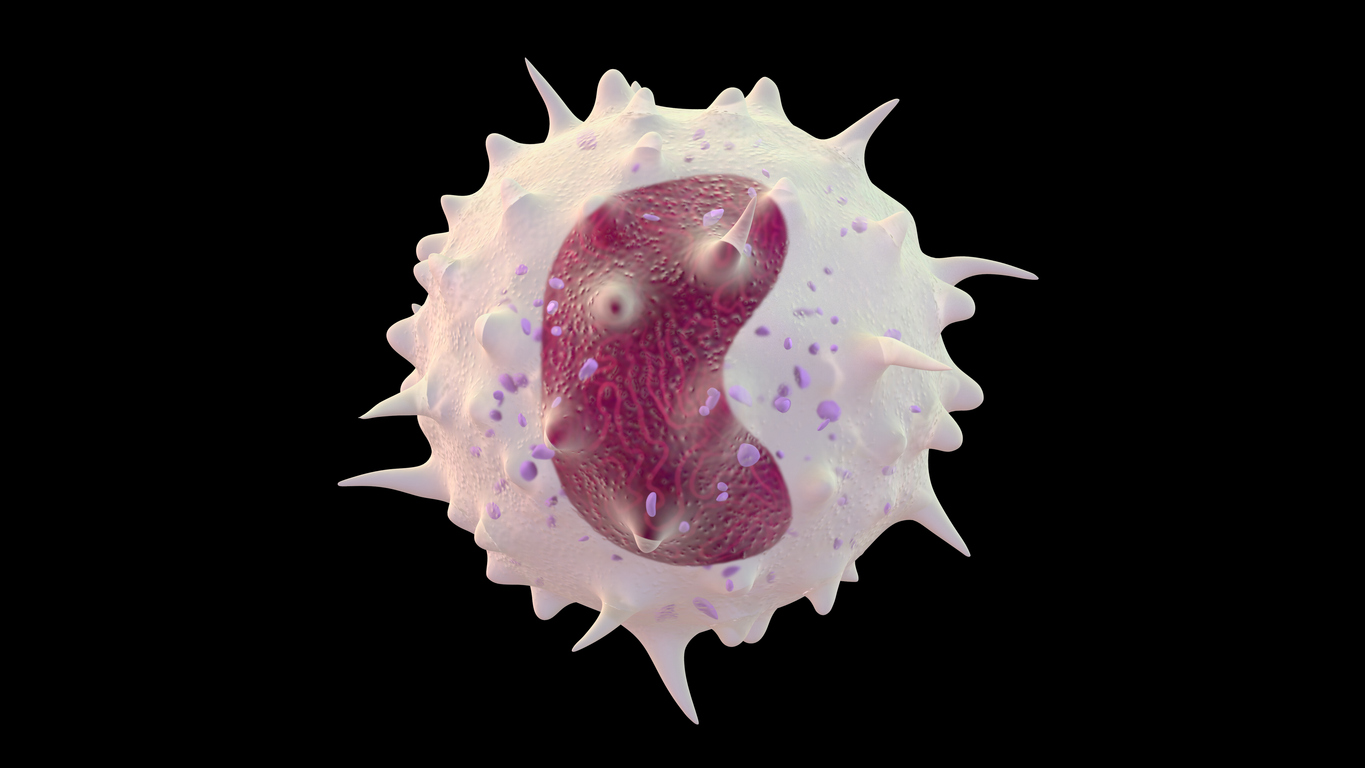News
Boosting T Cell Health and Viability With Better Separation
Updated on May 18, 2025 | Published on Nov 4, 2024 Share
Maintaining the health and viability of immune cells in CAR T cell therapy and adoptive cell transfer is critical. These cells must endure isolation and expansion processes without losing their functionality. Even slight inefficiencies can compromise cell integrity and cell health, resulting in diminished therapeutic outcomes. Akadeum’s Alerion™ Microbubble Cell Separation System solves these challenges by offering a gentle, scalable method for T cell separation, ensuring better health and viability. …
Why Separate Peripheral Blood Mononuclear Cells
Updated on Aug 20, 2025 | Published on Nov 1, 2024 By Jason Ellis, PhD Share
PBMC isolation separates peripheral blood mononuclear cells from other components in the blood, enabling their use in research and therapeutic applications. Within the human body, a sophisticated network of cells orchestrates the complex immune response against harmful pathogens and cancerous cells. Peripheral blood mononuclear cells (PBMCs), including lymphocytes (T cells, B cells, and NK cells) and monocytes, are vital in mediating the body’s immune system. They are also key starting …
Comprehensive Cell Solutions and Akadeum at Advanced Therapies Congress 2024
Event Start Date: NOV 12, 2024 Share
Join us at the Advanced Therapies Congress, November 12 -13, 2024, held at the Pennsylvania Convention Center in the heart of Philadelphia, our nation’s most historic city and place where cell therapy originated. Akadeum, together with Comprehensive Cell Solutions (a New York Blood Center enterprise), is proud to bring data on our innovation in cell therapy to Philadelphia. Cell isolation data generated by Comprehensive Cell Solutions during their demo of …
Cell Dissociation Methods for Disaggregation of Tissue: Mechanical vs Enzymatic vs Chemical
Updated on Sep 5, 2025 | Published on Oct 15, 2024 Share
Cell dissociation is the process of breaking down tissue or cell culture into individual cells, a critical step in preparing samples for research and therapeutic applications. Different methods of cell dissociation, including enzymatic, mechanical, and chemical techniques, are used to ensure the viability and functionality of cells for further study. Read on to explore the different methods and their importance in advancing scientific research. Cell Dissociation Methods Research is undertaken …
The Importance of Isolating Antigen-Specific T Cells
Updated on May 19, 2025 | Published on Sep 11, 2024 Share
Antigen-specific T cells offer crucial insights into the body’s immune response to diseases. These specialized cells, which recognize and respond to specific antigens, are essential for: Developing effective vaccines Understanding infectious diseases Advancing cancer immunotherapies In this way, isolating T cells precisely and efficiently is vital for accelerating research and improving therapeutic outcomes. What Are Antigen-Specific T Cells? Antigen-specific T cells are a subset of T cells that recognize and …
Meeting on the Mesa: Brandon McNaughton, CEO, to Present Akadeum’s C> Manufacturing Product Portfolio and Alerion™ Microbubble Cell Separation System User Results
Event Start Date: OCT 7, 2024 Share
Join the Akadeum team in Phoenix on October 7- 9, 2024, at the annual Cell and Gene Meeting on the Mesa held at the Arizona Biltmore. Recognized globally as a premier cell and gene therapy conference, Meeting on the Mesa brings together senior executives and key decision makers, enabling engagement in face-to-face partnering, presentation and panel sessions to highlight significant progress and align transformative technologies for advancing therapeutics. Our very own …
The Incredible Impact of Cell Therapy
Updated on Jun 9, 2025 | Published on Aug 16, 2024 Share
Cell therapy is transforming medicine, offering new hope for patients with previously untreatable conditions. Imagine a world where damaged tissues can be repaired, immune systems recalibrated, and cancer targeted with precision—this is the promise of cell therapy. What Is Cell Therapy? Cell therapy involves administering live cells to a patient to repair or replace damaged tissues and cells. This approach leverages the body’s cellular machinery to combat diseases. The cells …
Necrosis Vs. Apoptosis: Processes, Necrotic Cell Death, & Apoptosis Steps
Updated on Aug 20, 2025 | Published on Jul 23, 2024 Share
Necrosis and apoptosis are the two main types of cell death in the body. Necrosis is often a result of injury leading to uncontrolled cell death, while apoptosis is a programmed and orderly process. Each of these involves a unique process and has different effects on the rest of the body. Understanding these differences is crucial for researchers and clinicians in developing treatments for various diseases. Read on to delve …
What Is PBMC? Human PBMC Cells, PBMC Composition, and Immune Cell Processing
Updated on Aug 20, 2025 | Published on Jul 23, 2024 Share
Peripheral Blood Mononuclear Cells Peripheral blood mononuclear cells (PBMC) are crucial immune system cells that protect the body against harmful pathogens. Human PBMCs include T cells, B cells, NK cells, monocytes, and dendritic cells. These cells are essential in immune response and are often used in research and clinical applications due to their versatility. Located in peripheral blood, these cells act as a primary defense against infection and disease, making …
Cell Therapy Using Monocytes and Macrophages
Updated on Sep 7, 2025 | Published on Mar 26, 2024 By Dominique Badea, PhD Share
In the scientific discourse around adoptive cell immunotherapy, monocytes and macrophages often take a back seat. For the last two decades, immense time and resources have been spent developing T cell-based cancer therapeutics, such as T cell receptor (TCR) and chimeric antigen receptor (CAR) T therapy. For good reason, these therapies have proven incredibly successful in clinical trials for refractory blood cancers and lymphomas that failed other treatment attempts. Remembering …





